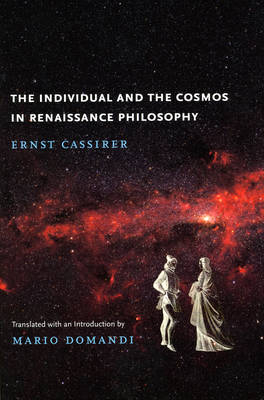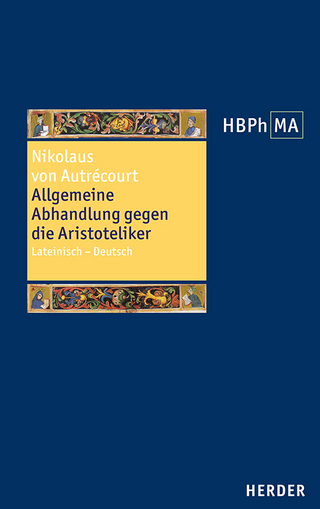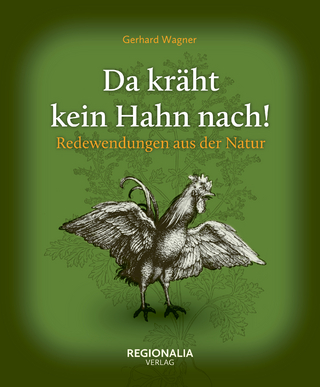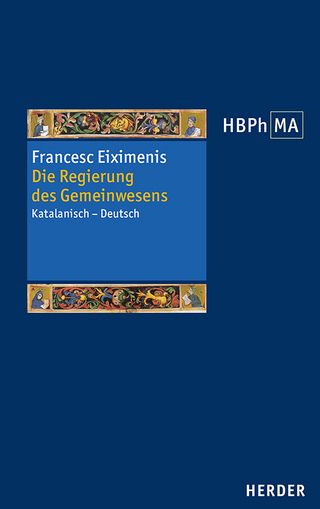
The Individual and the Cosmos in Renaissance Philosophy
Seiten
2010
University of Chicago Press (Verlag)
978-0-226-09607-0 (ISBN)
University of Chicago Press (Verlag)
978-0-226-09607-0 (ISBN)
Examines the changes brewing in the early stages of the Renaissance, tracing the interdependence of philosophy, language, art, and science; the newfound recognition of individual consciousness; and, the great thinkers of the period - from da Vinci and Galileo to Pico della Mirandola and Giordano Bruno.
This provocative volume, one of the most important interpretive works on the philosophical thought of the Renaissance, has long been regarded as a classic in its field. Ernst Cassirer here examines the changes brewing in the early stages of the Renaissance, tracing the interdependence of philosophy, language, art, and science; the newfound recognition of individual consciousness; and, the great thinkers of the period - from da Vinci and Galileo to Pico della Mirandola and Giordano Bruno. "The Individual and the Cosmos in Renaissance Philosophy" discusses the importance of fifteenth-century philosopher Nicholas Cusanus, the concepts of freedom and necessity, and the subject-object problem in Renaissance thought.
This provocative volume, one of the most important interpretive works on the philosophical thought of the Renaissance, has long been regarded as a classic in its field. Ernst Cassirer here examines the changes brewing in the early stages of the Renaissance, tracing the interdependence of philosophy, language, art, and science; the newfound recognition of individual consciousness; and, the great thinkers of the period - from da Vinci and Galileo to Pico della Mirandola and Giordano Bruno. "The Individual and the Cosmos in Renaissance Philosophy" discusses the importance of fifteenth-century philosopher Nicholas Cusanus, the concepts of freedom and necessity, and the subject-object problem in Renaissance thought.
Ernst Cassirer (1874-1945) was a philosopher and historian of philosophy. He taught at Friedrich Wilhelm University and the University of Hamburg, where he was Leo Strauss's dissertation advisor, before fleeing Nazi Germany in 1933. In exile, he lectured at the universities of Oxford, Gothenburg, Yale, and Columbia. His better-known works include the three-volume Philosophy of Symbolic Forms and The Myth of the State.
| Erscheint lt. Verlag | 1.4.2010 |
|---|---|
| Übersetzer | Mario Domandi |
| Sprache | englisch |
| Maße | 140 x 216 mm |
| Themenwelt | Geisteswissenschaften ► Philosophie ► Philosophie des Mittelalters |
| ISBN-10 | 0-226-09607-6 / 0226096076 |
| ISBN-13 | 978-0-226-09607-0 / 9780226096070 |
| Zustand | Neuware |
| Haben Sie eine Frage zum Produkt? |
Mehr entdecken
aus dem Bereich
aus dem Bereich
Lateinisch - Deutsch
Buch | Hardcover (2024)
Herder (Verlag)
70,00 €
Redewendungen aus der Natur
Buch | Hardcover (2024)
Regionalia Verlag
7,95 €


